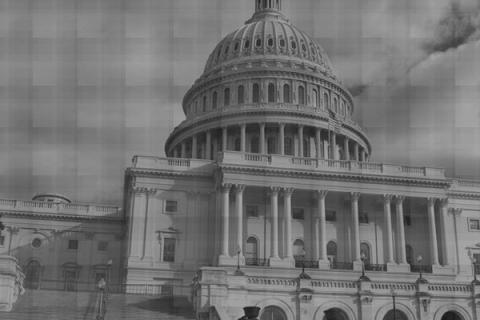The U.S. Navy is considering relocating its Fifth Fleet away from the unstable kingdom of Bahrain amid fears of a public relations nightmare. The U.S., a longtime supporter of the Gulf dictatorship, and the ruling al Khalifa family in particular, wants to mitigate sour public opinion over an increasing number of allegations of systematic human rights violations by Bahraini officials towards anti-regime protestors. The Obama administration has no intention of cutting aid to the Bahraini government or ending its arms trade with the Gulf nation, so a change in venue for the Fifth Fleet – one of the region's largest military forces – could be viewed as the best way to save face.
Bahrain has secured a permanent U.S. naval presence since the '70's. Following the first Gulf War, the Fifth Fleet in its current form was established to direct operations in the Red Sea, Persian Gulf and Arabian Sea with the charge of securing the Straits of Hormuz, a conduit for 40 percent of the world's seaborne oil. In their search for a calmer port for the 40 vessels and 30,000 personnel that comprise the fleet, the U.S. is considering sites in the United Arab Emirates and Qatar, though officials say such a move would be years away.
Over in Afghanistan, according to a new report by the Special Inspector General for Afghanistan Reconstruction, billions of dollars in aid going to Afghanistan are “vulnerable to fraud or diversion to insurgents” because of a lack of oversight and control over allocation of the funds. The Karzai government deliberately obstructed efforts by U.S. agencies to uncover fraud and has refused to prosecute Afghan participants in laundering schemes, says the report. Similar findings, like the revelation that billions in U.S. cash were smuggled out of Kabul International Airport to private financial havens last year, and last month's conclusion by the Senate Foreign Relations Committee that US aid was distorting local economies and feeding corruption, have raised a new front in public opposition to the war.
On the Libyan front, just days after the U.S. recognized rebel forces as the legitimate government, it was revealed that U.S. officials were in secret, direct talks with Moammar Gadhafi's government. These negotiations apparently amounted to nothing with Gadhafi refusing to leave his post. Now, French and American officials are easing demands, saying Gadhafi can stay in Libya, so long as he steps down from power. This softer stance by allied officials is probably the result of recent revelations about rebel operations in a conflict that will likely last longer than anyone is willing to admit. Documented cases of extrajudicial killings and the banning of journalists from certain areas by anti-regime forces are beginning to shed light on the true nature of the “pro-democratic” movement.
Finally in this week's war news round-up, Iraqi security forces confirmed Wednesday that the U.S. had launched a series of attacks near Amara in southern Iraq's Maysan Province beginning Monday and lasting through Tuesday. The live ammunition air raids came without warning according to local Iraqi authorities, prompting mild panic within the city. Iraqi parliament foreign relations committee member Rafi Abdul-Jabbar condemned the unilateral action saying it suggested “bad intentions” from the U.S.

